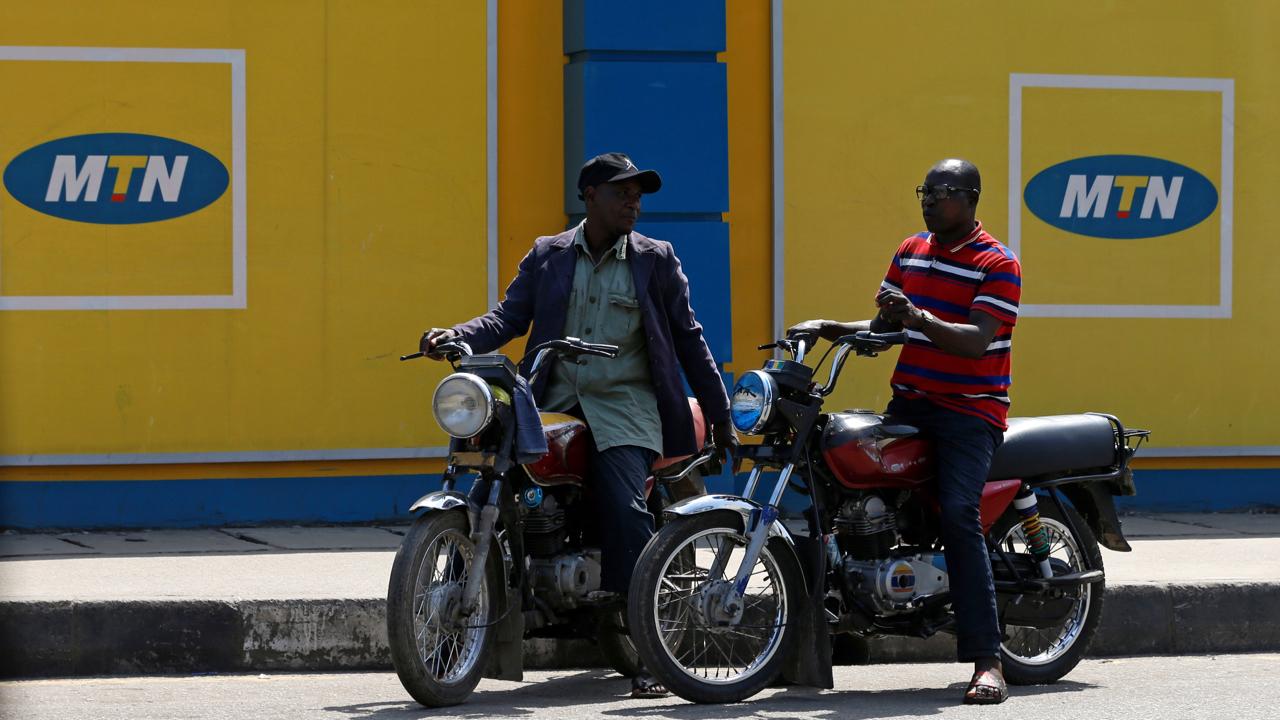Last year, MTN invested ₦16 billion in MoMo. Despite this, the mobile money operator lost ₦10 billion in 2022 to unauthorised transactions which were caused by a system glitch.
Nigeria has one of the highest populations of unbanked people in the world, and despite multiple efforts by the public and private sectors, things remain unchanged. For a nation heavily reliant on cash transactions and home to over 100 million poor people, this is unsurprising. Most Nigerians need cash on hand for daily expenses, and traditional banks do not cater for these types of low-value transactions.
To address this problem, MTN received final approval from the Central Bank of Nigeria to operate a payment service bank in April 2022. The following month, MoMo Payment Service Bank (MoMo) launched its mobile money operations with a focus on facilitating “high-volume, low-value transactions in remittance services, micro-savings, and withdrawal services.”
It is important to note that in Nigeria, mobile money operators cannot hold deposits because they operate with a license reserved for non-banking institutions.
Read also: MTN breaks revenue records in Nigeria
A rocky beginning
On May 27, just days after the launch of MTN’s MoMo, an email from the Nigeria Inter-Bank Settlement System (NIBSS), the digital infrastructure used by all banks in Nigeria, read
While the mail did not disclose an official figure, a month after launching, MoMo sued 18 Nigerian banks over mobile money fraud. According to a suit dated May 30, 2022, MoMo alleged that ₦22.3 billion ($48 million) was transferred in error to 8,000 accounts maintained by the 18 banks’ customers using MoMo. In a statement, the company referred to the loss as “customer-initiated transfers” and assured its customers that their funds were not lost and all their data was still secure.
Anthony Usoro Usoro, the CEO of MoMo, asserted in the lawsuit that the fraud spanned 700,000 transactions in the space of one month. To avoid further liabilities, MoMo shut down its service on May 25 after becoming aware of the fraud on May 24. The following day, service was quickly resumed.
However, a senior staff member at one of the affected banks told Quartz that the scale of the hack was more than MoMo had declared. “The initial loss from the error was ₦36 billion ($86 million), but some banks returned ₦14 billion within days, and the hack involved more than the 8,000 accounts mentioned,” the source said. The bank official’s statement seems to be aligned with the figure that MTN was looking to recover from the banks in court.
Now, the true scale of the “system glitch” has been confirmed by MTN’s financial report for 2022. The company shared with investors that its subsidiary, MoMo, lost over ₦10,500,000,000 to unauthorised transfers caused by a system glitch. In the same year, MTN also invested ₦16,400,000,000 in MoMo.
It is unclear whether there is a possibility that the money can still be recovered from the banks, but for MTN to inform its investors that it incurred a loss this significant, it appears that MoMo had to forfeit ₦12 billion from the initial ₦22 billion it sought to recover from the banks.
It is difficult to ascertain how much MoMo made in 2022 through the financial report because MTN groups airtime lending, mobile money, SIM backup services, and voice-based services under value-added services. Value-added services brought in ₦81,376,000,000 in the 2022 financial year.
Despite only starting to offer mobile money services in May, by the end of Q3 2022, MoMo had 1.8 million active wallets, bringing MTN’s fintech subscriber base to 11.2 million subscribers. The platform, MoMo, also held ₦1,257,000,000 in deposits for its customers by the end of last year.
This is not the first time a Nigerian financial institution has lost money due to unauthorised transfers. In 2020, Nigerian banks lost ₦3.5 billion between July and September to fraud-related incidences, representing a 534% increase from the same period in 2019, when it was ₦552 million.
MTN has yet to respond to TechCabal’s request for comments at the time of publishing.
If you enjoyed this article, please share it with your network on Twitter, WhatsApp, Facebook, LinkedIn, and Telegram.





















